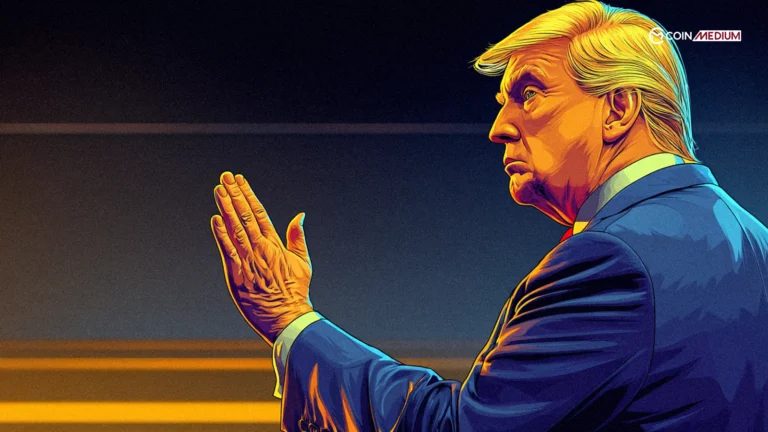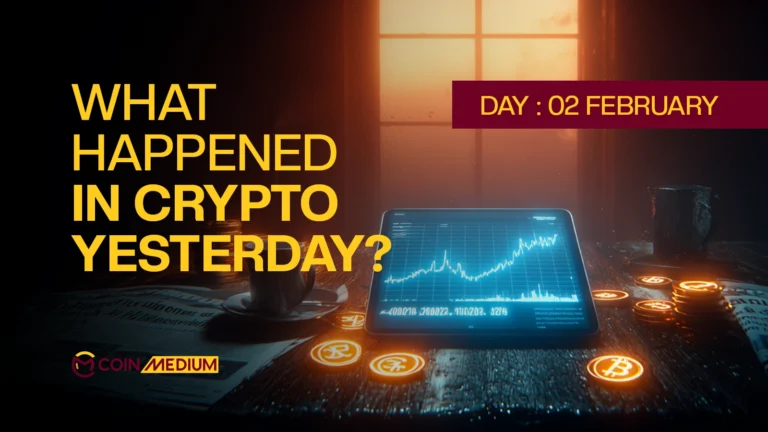The center of India’s finance ministry recently pulled an unfamiliar word from the dictionary: crypto engagement. Finance Minister Nirmala Sitharaman stood before an audience and acknowledged what Indian regulators seem to have long resisted: digital currencies demand attention, not avoidance. Speaking during a conference, Sitharaman told attendees that stablecoins are reshaping how money crosses borders, warning that nations refusing to adapt face potential exclusion from emerging monetary systems.
Her remarks mark a striking departure from India’s historically hostile stance toward private cryptocurrencies.
Trump Effect Drives Policy Rethink
The Indian government’s evolving position tracks closely with Donald Trump’s vocal cryptocurrency advocacy. As the U.S. President Donald Trump promotes digital assets, India may find itself compelled to reconsider its approach or risk falling behind international competitors.
Right now, substantive action remains absent. The Reserve Bank of India’s recent 22-point reform package ignored digital assets entirely, leaving cryptocurrencies trapped in regulatory limbo, as they are neither legitimized nor banned.
Industry leaders see opportunity in this thaw. “Stablecoins could reduce India’s $125 billion annual remittance costs from 7% to under 3%, saving billions,” said CoinDCX co-founder Sumit Gupta. Indeed, with stablecoin market capitalization reaching $307 billion globally, Sitharaman’s acknowledgment shows that India is recognizing the fact that it cannot indefinitely postpone regulatory action.







